Cognitive Skills
Cognitive skills refer to the mental abilities and processes involved in gaining knowledge and understanding, problem-solving, decision-making, and learning.
These skills are crucial for day-to-day functioning and can be categorized into several areas:
- Attention: The ability to focus on specific stimuli or tasks. This includes sustained attention (maintaining focus over time), selective attention (focusing on relevant information while ignoring distractions), and divided attention (managing multiple tasks simultaneously).
- Memory: The process of encoding, storing, and retrieving information. Types of memory include:
- Short-term memory: Holding a small amount of information for a brief period.
- Long-term memory: Storing information for extended periods.
- Working memory: Temporarily holding and manipulating information for cognitive tasks.
- Perception: The process of interpreting sensory information to understand the environment. This includes visual, auditory, and tactile perception.
- Language: The ability to understand and use language for communication. This encompasses vocabulary, grammar, comprehension, and verbal expression.
- Problem-Solving: The ability to identify solutions to complex or challenging situations. This involves reasoning, planning, and critical thinking.
- Decision-Making: The process of making choices by evaluating information and considering potential outcomes. This involves weighing pros and cons, considering risks, and using judgment.
- Logical Reasoning: The ability to think logically and systematically to draw conclusions from available information.
- Executive Functions: Higher-order cognitive processes that involve planning, organizing, strategizing, and managing time and resources. This includes skills like task initiation, flexibility, inhibition (self-control), and self-monitoring.
- Processing Speed: The rate at which an individual can perceive and respond to information.
- Visual and Spatial Skills: The ability to understand and remember the spatial relations among objects. This includes skills like visual-motor integration and spatial orientation.
Cognitive skills can be developed and improved through practice, learning, and various mental exercises. They play a crucial role in academic performance, work efficiency, and daily life activities.
If you or someone you know could benefit from a cognitive skills assessment, please contact me today. I would be happy to speak with you about how I may be able to help.
Contact Us
We will get back to you as soon as possible.
Please try again later.
Address
Office Hours
Please call for an appointment. Evening and Saturday sessions are available upon request.
© 2023 All Rights Reserved | JSL Counseling Services

